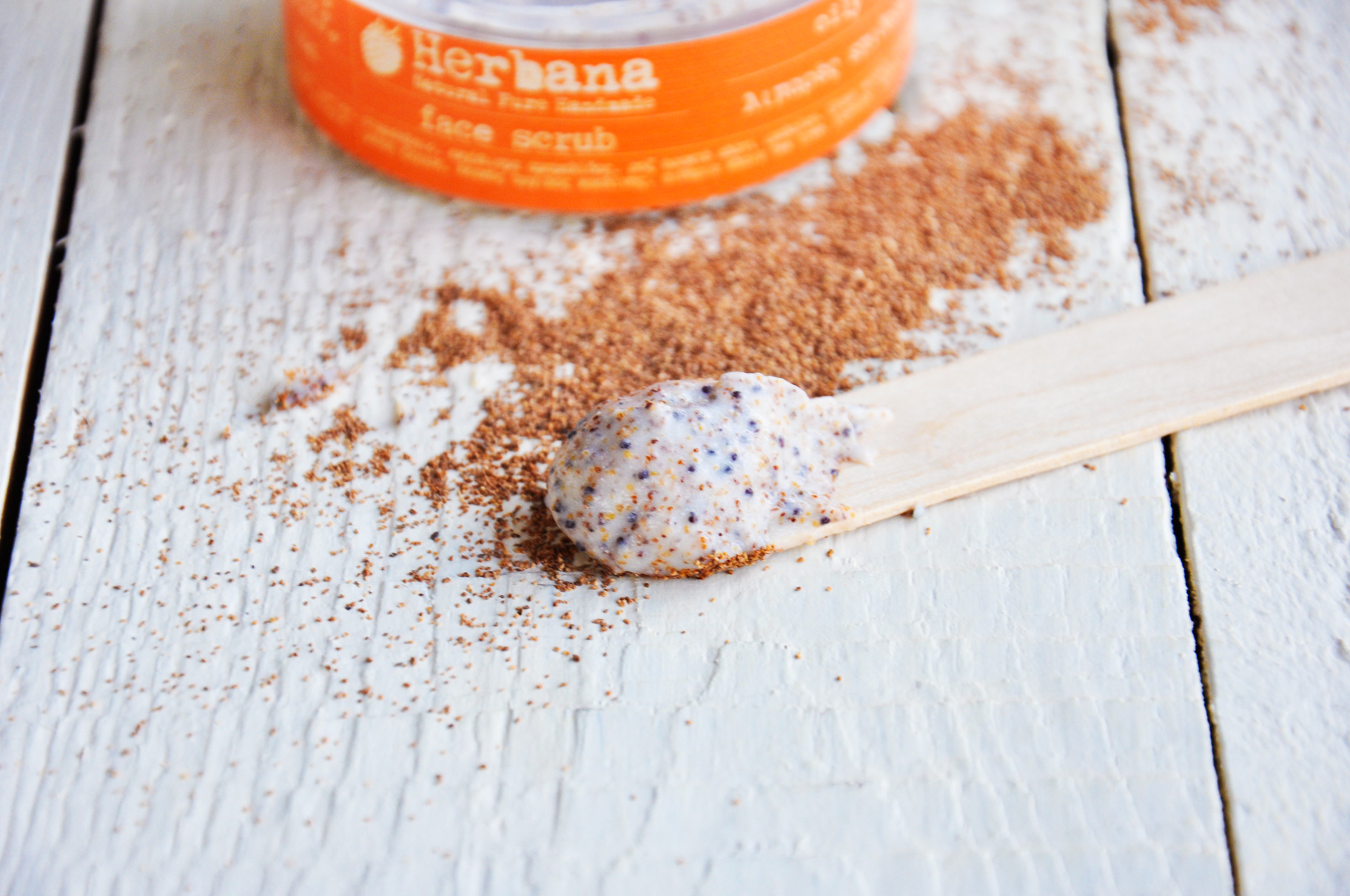Exfoliation is a vital skincare step, which helps you achieve a healthy, radiant complexion by removing the top layer of dead facial skin cells, revealing fresh, glowing skin underneath. According to the American Academy of Dermatology, regular exfoliation can enhance your skin’s appearance and the effectiveness of your skincare products. Here are some key benefits:

- Brighter Skin & Improved Product Absorption
- Exfoliating boosts the absorption of skincare products and brightens your complexion.
- Prevents Breakouts
- It unclogs pores, significantly reducing the chances of acne, blackheads, and whiteheads.
- Boosts Collagen Production
- Regular exfoliation promotes collagen synthesis, improving skin elasticity and reducing fine lines.
- Evens Skin Tone
- Helps fade hyperpigmentation, acne scars, and dark spots for a more uniform complexion.
- Stimulates Circulation & Detoxification
- Enhances blood flow and aids in flushing out toxins, leading to a glowing complexion.
- Increases Cell Turnover
- Promotes faster skin cell renewal, keeping your skin looking fresh and youthful.
Types of Exfoliation
Chemical Exfoliation
- Alpha Hydroxy Acids (AHAs):
- Sources: Water-soluble acids from fruits, such as glycolic, lactic, and citric acid.
- Benefits: Exfoliate the surface, improving pigmentation, minimizing pores, and reducing fine lines.
- Beta Hydroxy Acids (BHAs):
- Source: Oil-soluble acids like salicylic acid.
- Benefits: Penetrate deep into pores, making them ideal for treating acne and sun damage.
- Retinoids:
- Examples: Vitamin A derivatives like retinol and tretinoin.
- Benefits: Increase collagen production, reduce wrinkles, and treat acne.
Physical Exfoliation
- Manual Scrubbing:
- Involves using scrubs with granules like sugar or beads to remove dead skin cells.
- Tools:
- Brushes, gloves, or sponges can be used to enhance the exfoliation process.
What Works Best for Your Skin Type?
- Sensitive Skin:
- Use gentle BHAs to avoid irritation. Consult a dermatologist if you have conditions like rosacea or eczema.
- Normal Skin:
- Any method is suitable; choose based on personal preference and routine.
- Dry Skin:
- AHAs, like glycolic acid, can improve moisturizer absorption.
- Oily Skin:
- Stronger exfoliators, such as scrubs or motorized brushes, are effective.
- Combination Skin:
- Alternate between products for oily and dry areas.
- Acne-Prone Skin:
- Opt for retinoids, salicylic acid, or glycolic acid to manage breakouts.
When Should I Exfoliate?
- Timing:
- Morning exfoliation brightens dull skin, while evening exfoliation helps remove makeup and debris.
- If using medicated products, allow time between application and exfoliating.
- Frequency:
- Sensitive Skin: Once a week.
- Normal Skin: 2-3 times a week with a gentle exfoliant.
- Adjust: Based on your skin’s response and needs.

